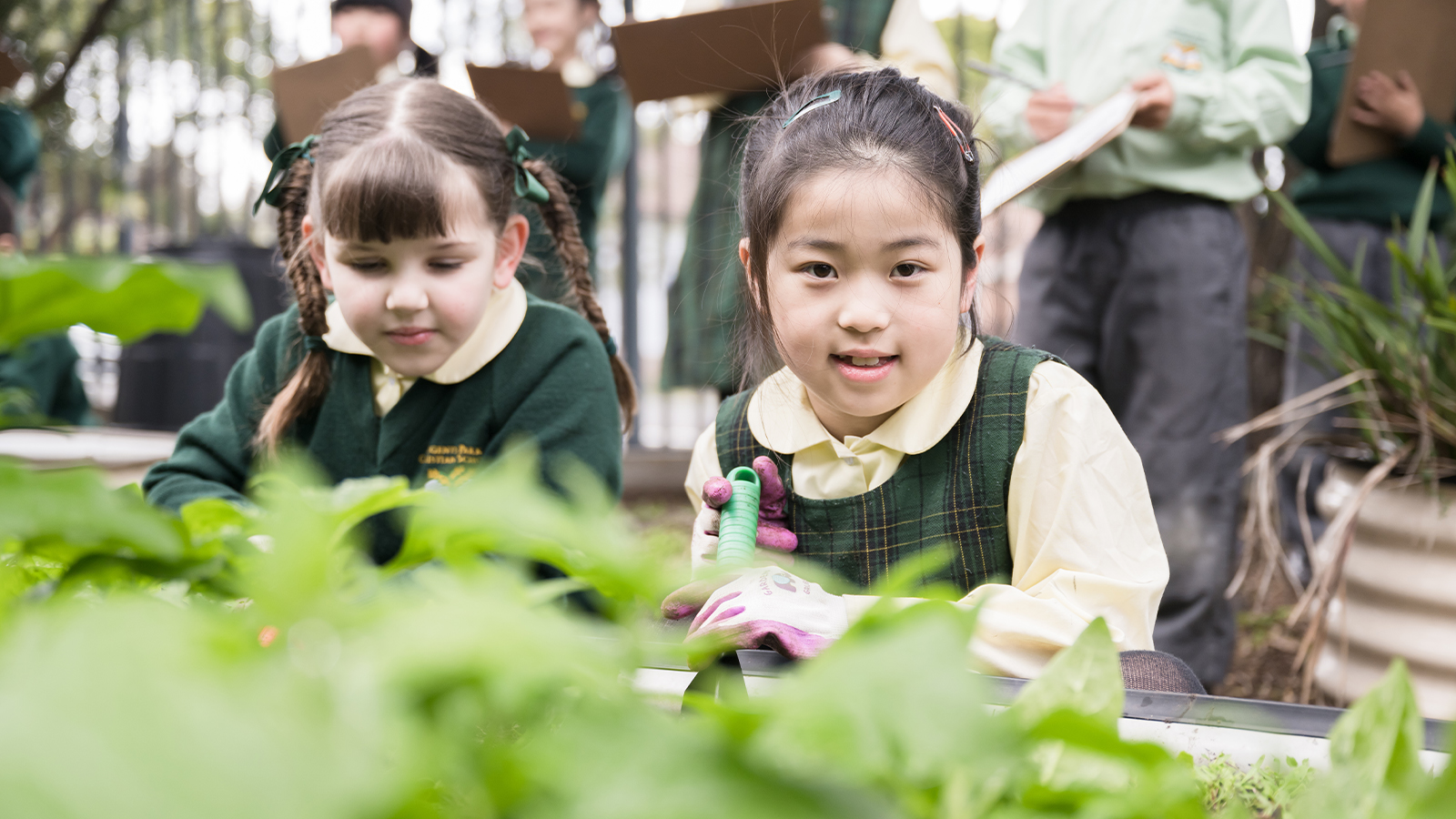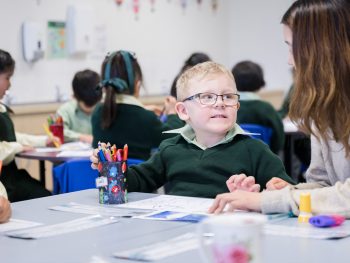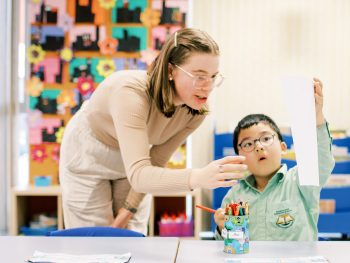Children love playtime because it’s fun. But did you know that play also helps them learn about the world and themselves? Play is central to a child’s learning and development. It helps them build confidence and develop social and movement skills.
How to encourage play at home:
- Encourage unstructured play where your child can use their imagination to role play, build with blocks or explore spaces like the backyard
- Limit screentime after school
- Join in, even if it’s for a short time, so that you are bonding and sharing the experience
- Facilitate structured play such as board games, soccer or swimming lessons
Sometimes your child may need guidance, so help get them started by suggesting activities like, “How about we play dress ups today?”
How does school support play?
At school, we encourage play in a variety of ways. Kindergarten students have the opportunity to participate in playgroups. Each grade uses hands-on learning. Students are taught ways to navigate the shared playground space, which can be a bit overwhelming for the first few weeks.
As your child grows and matures, the ways the play will change. They will get more creative and experimental, which will require more time and space.
“Children are a gift from the Lord; they are a reward from him.”
Psalm 127:3












 “So, what did you do today?”
“So, what did you do today?”
